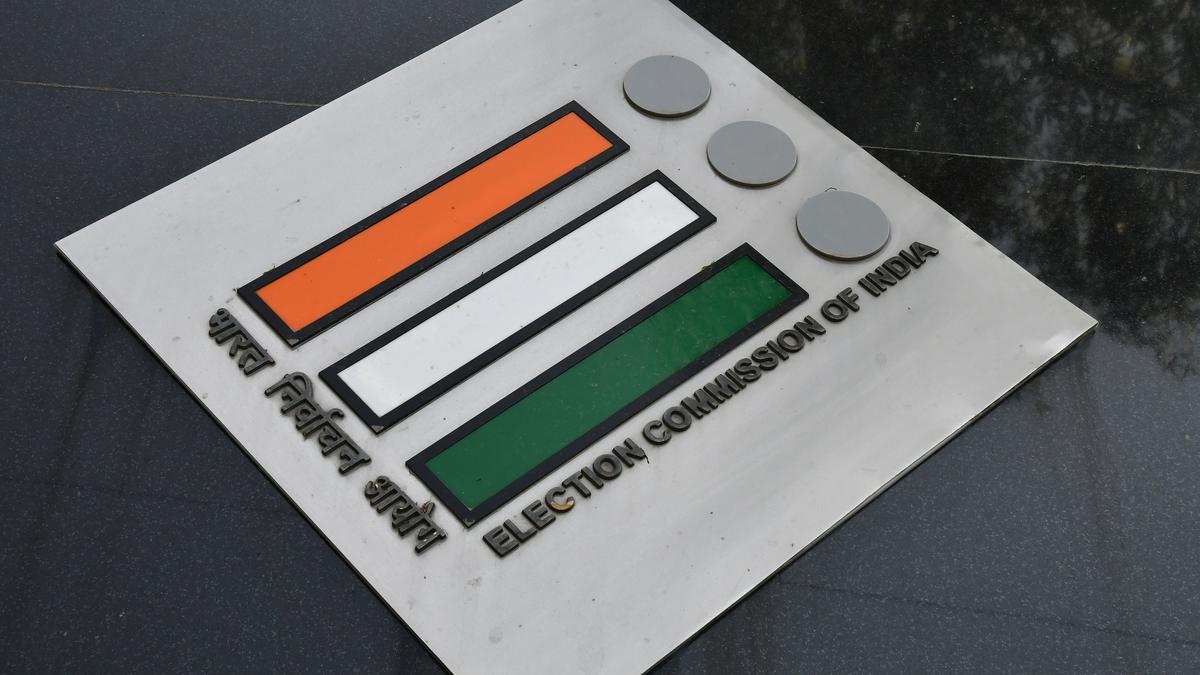News Highlight
A high-power committee consisting of the PM, the Opposition Leader in Lok Sabha and the CJI must pick the Chief Election Commissioner and Election Commissioners.
Key Takeaway
- A five-judge Constitution Bench of the SC unanimously declared that the CEC and ECs must be chosen by a high-power committee comprised of the PM, the Leader of the Opposition in the Lok Sabha, and the CJI.
Supreme Court (SC) Verdict
- Overview
- According to the Supreme Court, a reading of the Constituent Assembly (CA) deliberations on establishing the ECI.
- It reveals that all members unanimously believed that an impartial commission must handle elections.
- The purposeful inclusion of the words subject to the terms of any law passed on that behalf by Parliament.
- It implies that CA intended for parliament to regulate ECI appointments.
- While the court cannot typically trespass on exclusively legislative power, the Constitution’s context and the Legislature’s inertia.
- The court needs to act as well as the conditions produced by it.
- On whether the removal process should be the same for CEC and ECs.
- The SC stated that it could not be since CEC has a special position and article 324 becomes inoperative without CEC.
- The Supreme Court deferred to the government the decision on paying the EC, Permanent Secretariat.
- Furthermore, expenditures must be charged to the Consolidated Fund of India.
Challenges of Verdict
- Because the constitution gives Parliament the authority to create laws governing the selection of ECI.
- The Supreme Court’s decision on this matter raises the issue of Separation of Powers.
- However, the Supreme Court has said that this judgement would be subject to any law passed by parliament.
- It means that parliament can pass legislation to overturn it.
- Another point of view is that because no legislation has been passed by parliament, the Court must step in to fill the “constitutional gap.”
Existing Provisions for Appointment to ECI
- Constitutional Provisions
- Part XV (Article 324-329) of the Indian Constitution: This section deals with elections and creates a commission to oversee them.
- Structure of ECI
- The commission originally had only one EC after the Election Commissioner Amendment Act of 1989.
- It became a multi-member organisation (1 CEC & 2 other ECs).
- The Election Commission, according to Article 324, shall consist of the CEC and other election commissioners, if any, as the President may occasionally appoint.
- Appointment Procedure
- Article 324(2): The President appoints the CEC and other Election Commissioners, subject to the terms of any law passed by Parliament in this regard.
- The Law Minister recommends a pool of qualified candidates for consideration to the Prime Minister.
- The President makes the appointment on the advice of the Prime Minister.
- The President establishes the terms of duty and the period of office of the Election.
- They have a six-year contract until age 65, whichever comes first.
- Removal
- They can resign at any time or be dismissed before the end of their term.
- The CEC can only be removed from office through a process identical to that of a Supreme Court judge by Parliament.
- Any other EC cannot be removed unless the CEC recommends it.
Conclusion
- The decision recognises the delicate line between traditional democracy and constitutional democracy.
- The decision ushers in a new age of judicial activism by assuring a more independent Election Commission.
Pic Courtesy: The Hindu
Content Source: Indian Express



